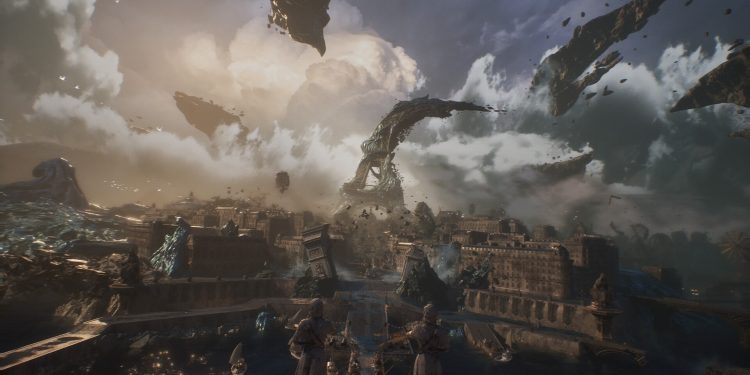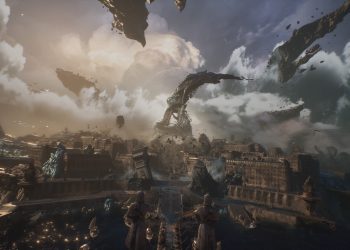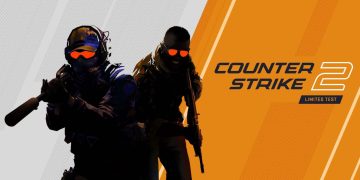Jennifer Svedberg-Yen, lead writer on Clair Obscur: Expedition 33, warned that loosely defined character abilities can let power creep become a narrative problem, producing deus ex machina moments that make players ask why a solution wasn’t used earlier. She made the comments while speaking to the Lits Play channel.
By “deus ex machina,” Svedberg-Yen meant those moments where a character suddenly does something surprising that solves an otherwise impossible problem. She pointed out that RPGs are particularly vulnerable because characters gain new, flashy abilities as they level up. If the limits of those abilities aren’t clearly defined, you can end up with plot shortcuts.
“One thing that is something to keep an eye on is power creep,” she said. “If you don’t properly define the the extent of somebody’s abilities, then do you start to get into deus ex machina type situations or just like you know, oh, ‘then they can just solve this!’ and then you wonder, well, ‘why didn’t they just do this from the beginning?’”
She added that the team discussed the issue extensively during development. That gameplay had to have room to breathe so that abilities would feel natural in both story and combat. “We did have quite a lot of discussion around that,” Svedberg-Yen said, “but I think in part because A) it’s a game and abilities and skills are part of gameplay, and we really wanted gameplay to be able to have full freedom on how that would work. And I think the gameplay team did a fantastic job.”
If you care about story-driven RPGs, these remarks affect writers and designers trying to keep combat systems and narrative logic aligned, so I’d love to hear your thoughts in the comments. Follow us on X and Bluesky.

















